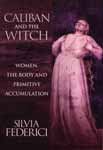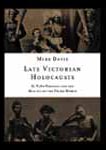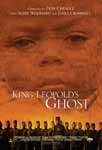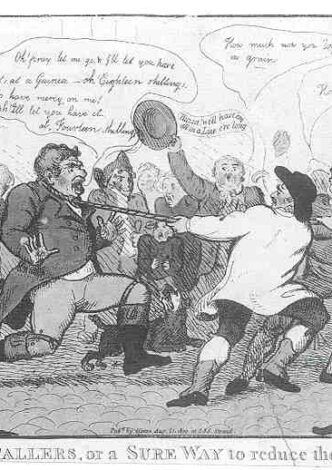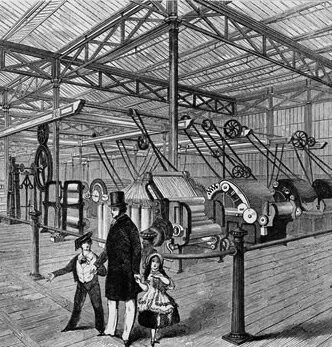This is a personal account of one man’s experiences in Germany from 1933 until the end of the war in 1945. As a communist, arrested by the Gestapo, tortured and sent to a concentration camp, he describes his existence of ten years as a prisoner of the nazi regime. He gives an insight into how the system operated, mainly by brutality and betrayal. The courage and bravery of people who opposed the fascists is conveyed clearly in this account and it is an important record of ordinary working men […]
This book challenges what has previously been written about the working class in this country. The descriptions that have been oversimplified, putting people and their families from that background into a lumpen mass assuming the psychological sameness of all, and interpreted mainly by people who are not working class. In fact, class consciousness has often not been perceived as psychological consciousness. The autobiographical story is told through the memories of the author's childhood during […]
The 43 Group is a riveting account of militant anti-fascist resistance in the UK in the years following the second world war. In existence for only 5 years, the group were mainly active in London where Mosley's British Union of Fascists were busiest in their attempts to win favour amongst the white working class. Initially comprised of ex-servicemen, the Group were appalled at the xenophobic and anti-Semitic ranting of the Mosleyites, who would meet on London's street corners and berate […]
Caliban And The Witch is a history of the body in the transition to capitalism. Moving from the peasant revolts of the late Middle Ages to the witch-hunts and the rise of mechanical philosophy, Federici investigates the capitalist rationalization of social reproduction. She shows how the battle against the rebel body and mind are essential conditions for the development of labour power and self-ownership, two central principles of modern social organization (Autonomedia). The historical […]
One of our visiting academics said this book was 'hard but good', so I took up the challenge and read it. The reason it is 'hard', is mainly because of the first few chapters, which launch into the sometimes vicious debate between historical revisionists (who basically think history is made by powerful individuals/institutions, we are of course unimportant), the post-modernists (who think it is so complex and non-linear it is hard to say anything so they get obsessed with making minor details […]
This book is an interesting and necessary cross discipline (historical, economic and meteorological) explanation of the horrific famines in China, India and Brazil at the end of the 19th century. Starting from the premise that revisionist and even Marxist historians (Hobsbawm gives them one line in his famous trilogy) have ignored these massive events or failed to link them across these disciplines, he goes on to explain how the dogmatic free market approach of the British ruling class married […]
This classic text is the most comprehensive and extensively researched history of black people in Britain. The sections on the black radicals of the 18th and 19th century are a must as is Fryer's demolition of British establishment attempts to rewrite themselves as the moral and legal vanguard in the abolition of slavery. Fryer's social history not only enlightens us about individual black political figures in this process but also covers such disparate groups as boxers, musicians and soldiers […]
This bestseller (selling over 400,000 copies worldwide) almost never came to print as numerous publishers rejected it on the grounds that people weren't interested in the history of Africa! King Leopold refers to the Belgian monarch of the late 19th century who worried about his nation falling behind in the 'scramble for Africa' cunningly organised the invasion of the Congo. Using fake philanthropic organisations (the International African Association) and armed 'scientific expeditions' (e.g. […]
Available as a PDF file here. This paper is famous, so I thought I better read it and I was not disappointed. Thompson is at his cheeky best, starting the article by taking the piss out of anthropologists and their complex analyses of 'exotic' cultures whilst the English working class is reduced to disorganised, amoral, sub-humans by historians. Thompson analyses the corn and bread 'riots' of the 18th century and not only shows their popular character but also the organised and often successful […]
Available as a PDF file here. Another famous, readable and ground-breaking paper by Thompson, this time looking at the imposition of work discipline in the transition to industrial capitalism. He charts the change from the task orientated work of the craftsman/labourer to the division of labour in the '(manu)factory' and the consequent resistance. The use of supervision, fines, wage incentive, preaching, schooling, the suppression of fairs and sports and of course, bells and clocks to form and […]



